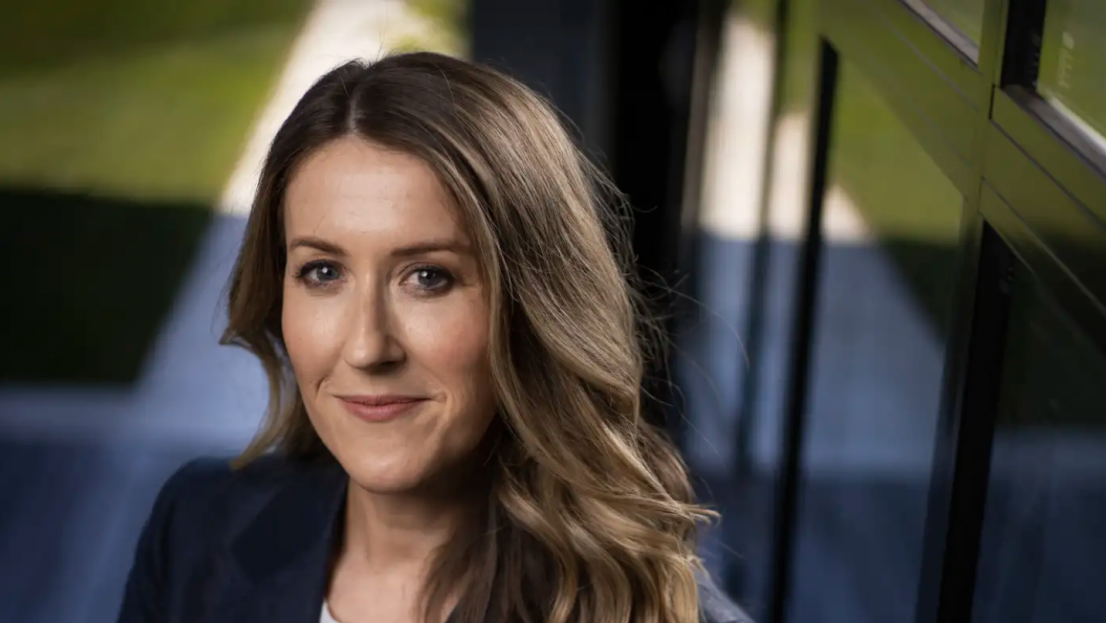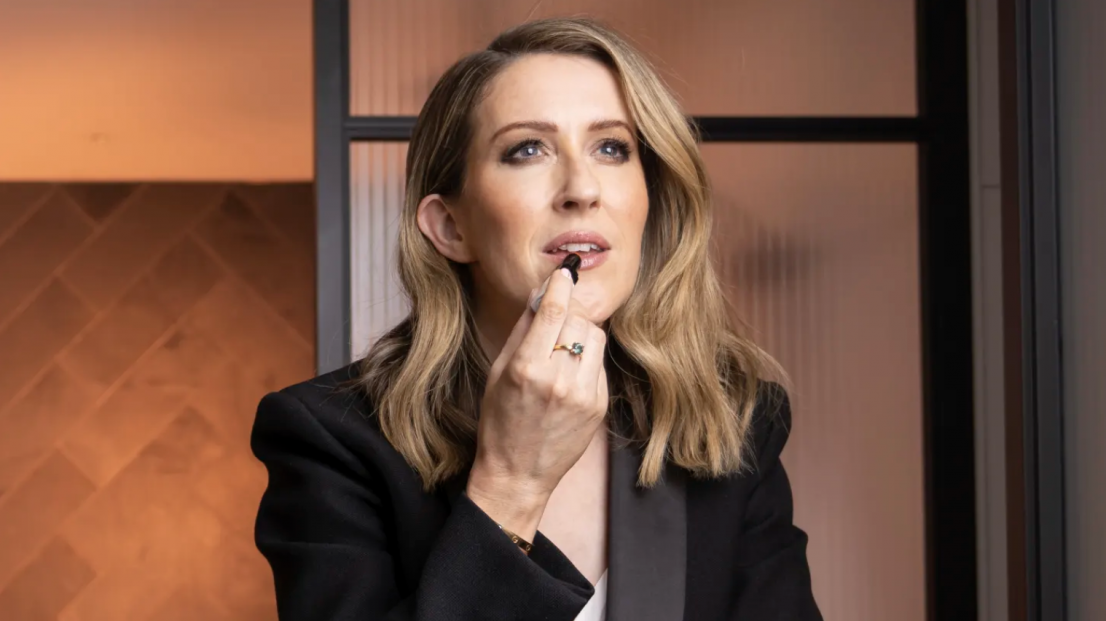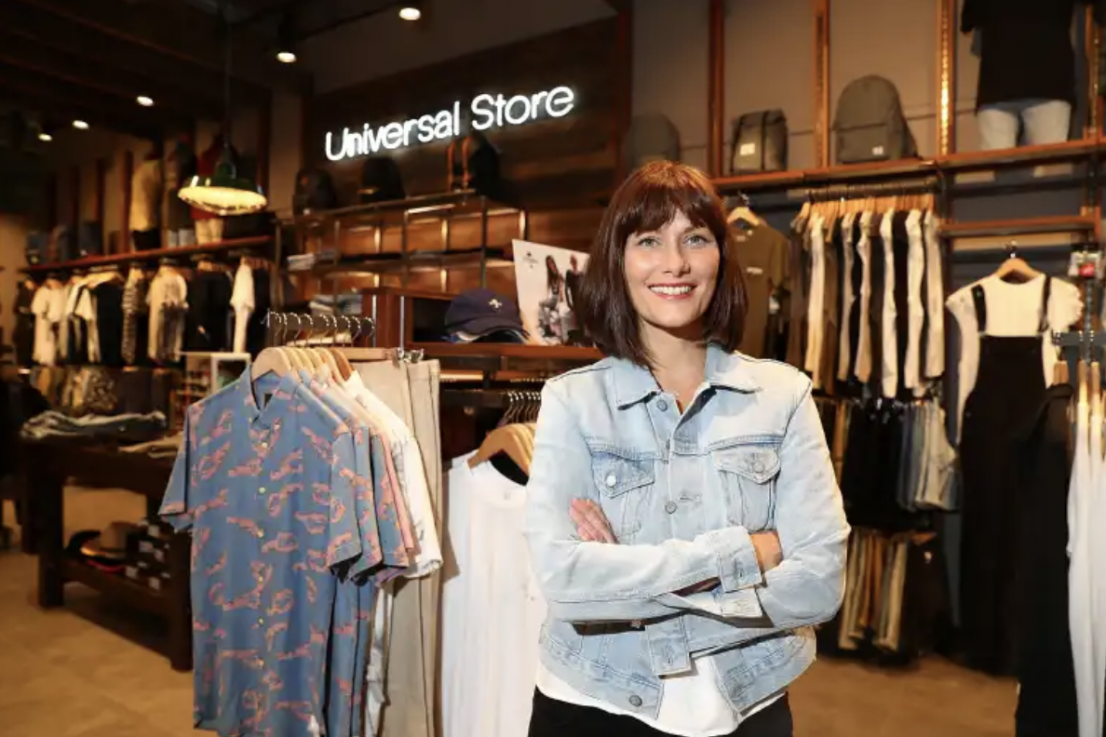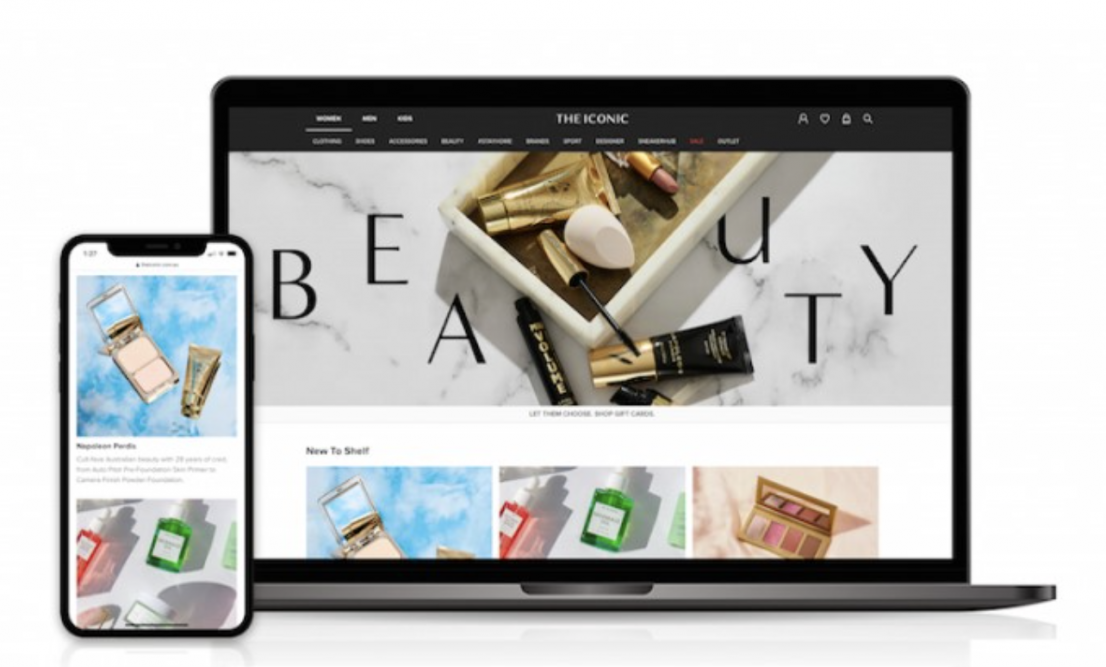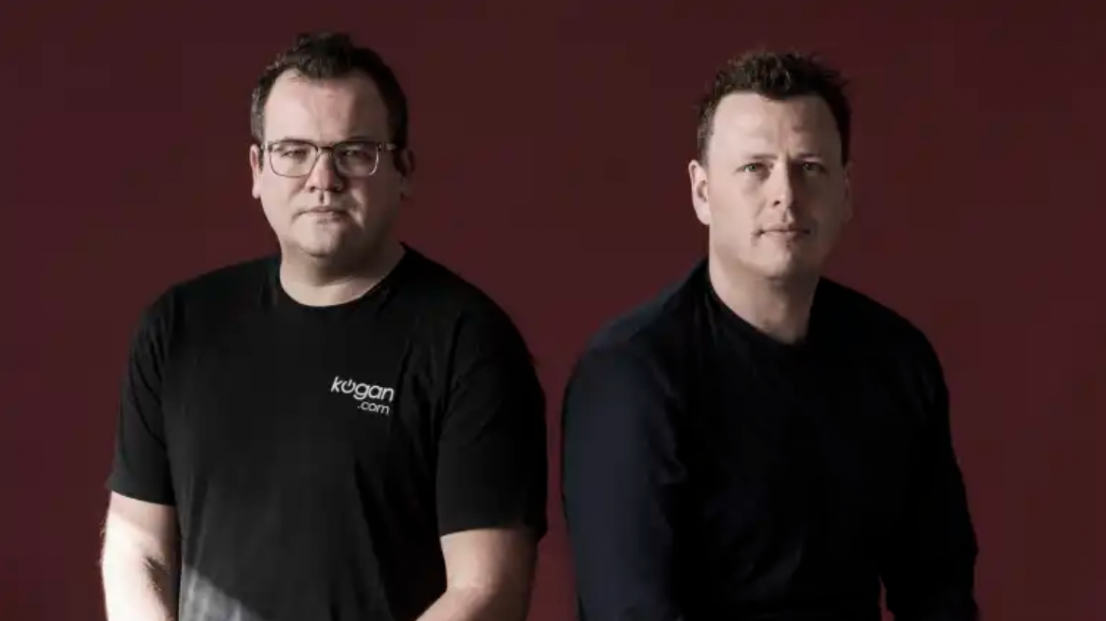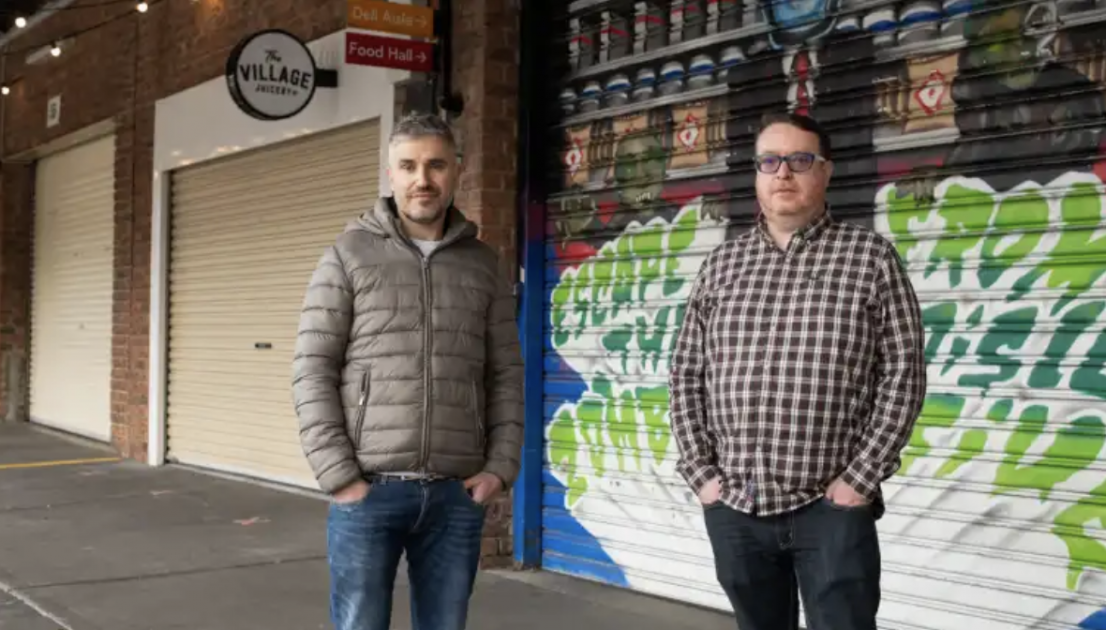
Apple’s anticipated iPhone 12 lineup has finally arrived.
Apple unveiled its first 5G iPhone, called the iPhone 12, during its event on Tuesday. As expected, the company announced four versions of the iPhone 12: the standard model, a 5.4-inch version called the iPhone 12 mini, the 6.1-inch iPhone 12 Pro, and the 6.7-inch iPhone 12 Pro Max.
The iPhone 12 mini and iPhone 12 Pro Max will be launching on November 13, while the iPhone 12 and iPhone 12 Pro will become available on October 23 in Australia.
Apple typically introduces its new iPhones every September, but the company said back in July that it expected supply of its iPhone to arrive several weeks later because of the coronavirus pandemic.
Analysts are expecting the iPhone 12 to be one of Apple’s biggest iPhone launches in years, primarily because a larger than usual number of active iPhones around the world are due for an upgrade.
The company also introduced a brand-new smart speaker called the HomePod mini, which costs $149 in Australia and launches in November.
Here’s everything Apple announced at its iPhone event.
Apple finally unveiled the iPhone 12, one of the four new 5G smartphones the company announced on Tuesday.
The iPhone 12 comes with a number of other improvements, such as a new design with flat, smooth edges, an upgrade to Apple’s Super Retina XDR OLED screen – which offers richer contrast and deeper black tones than the iPhone 11’s LCD screen – and a new Ceramic Shield front cover.
Apple claims the Ceramic Shield technology quadruples drop performance, meaning it should be much better at withstanding accidental falls. The standard iPhone 12 comes with a 6.1-inch screen, making it around the same size as the iPhone 11.
All iPhone models in the United States, including the standard iPhone 12, will support millimetre wave 5G, the higher frequency version of the network. Apple brought Hans Vestberg, Verizon Communication’s CEO and chairman, to discuss 5G.
All new iPhones run on Apple’s A14 Bionic chip, which Apple announced last month when introducing the iPad Air. The iPhone 12 features a dual camera system that the company claims is much better at taking in light, making it perform better in dim scenarios.
The iPhone 12 comes in blue, green, black, white, and red and starts at $1,349 in Australia.
The iPhone 12 mini
Apple is also launching its new iPhone in an all-new size with the introduction of the iPhone 12 mini.
The iPhone 12 mini has all of the same features as the iPhone 12, from its dual camera to its colour options, Ceramic Shield, and A14 Bionic processor.
But as its name implies, the iPhone 12 mini comes with a smaller 5.4-inch screen. The iPhone 12, by comparison, features a 6.1-inch display.
The iPhone 12 mini is available in the same colours as the iPhone 12, but starts at a lower price of $1,199 in Australia.
The iPhone 12 Pro and iPhone 12 Pro Max
The new iPhone 12 Pro and iPhone 12 Pro Max are the latest generation of Apple’s high-end devices. Like the lower-cost iPhone 12, the Pro models feature a new design with sleek, squared-off edges, similar to the latest iPad Pro. The devices come in four colours: silver, graphite, gold, and Pacific blue.
Like the iPhone 11 Pro and Pro Max, both new devices will have an OLED display, which will provide for deeper blacks and brighter colours than LCD screens. The glass in the Pro models also uses the new Ceramic Shield technique.
The iPhone 12 Pro will have a 6.1-inch display, while the iPhone 12 Pro Max will have a 6.7-inch display, which is the largest-ever on an iPhone.
Both devices will run on the A14 Bionic chip, which Apple says should provide better performance with improved energy efficiency. The devices will also have a three-camera array that includes a wide lens, ultra-wide lens, and telephoto lens capable of 4X optical zoom. When it comes to video, the iPhone 12 Pro and Pro Max will be able to record in Dolby Vision HDR.
The Pro and Pro Max will also come equipped with a Lidar sensor, which is able to build a depth map of a scene to aid with mapping, augmented reality, and photos and videos. The devices will have faster autofocus and improved night mode thanks to the Lidar sensor.
Like the iPhone 12, both devices will be 5G-enabled.
The iPhone 12 Pro and iPhone 12 Pro Max will have a starting storage of 128 GB. The iPhone 12 Pro will start at $1,699 in Australia and will be available to preorder on October 16 – it will start shipping October 23. The iPhone 12 Pro Max will start at $1,849 in Australia and will be available to preorder on November 6 for shipping on November 13.
A new HomePod mini
Apple also announced a follow-up to the HomePod smart speaker it launched in 2017: the HomePod mini which will cost $149 in Australia.
As its name implies, the HomePod mini is much more compact than the original version and also features a more rounded shape. One of its marquee new features is Intercom, a capability that lets users send messages or notifications to other Apple devices throughout the home.
Like its predecessor, Apple is also touting the HomePod mini’s audio, saying that it offers 360-degree sound so that the audio will remain consistent no matter where you place it in the home. It will also be compatible with iHeartRadio, TuneIn, radio.com, Pandora, and Amazon Music.
That addresses a big shortcoming of the original HomePod, which was criticised for its limited compatibility.
The HomePod mini launches during the week of November 16.
New MagSafe accessories
Apple announced more than just new iPhones on Tuesday. It’s also introducing a line of new accessories and chargers powered by its MagSafe technology.
MagSafe accessories, as the name implies, use magnets and a wireless charging coil to snap to the back of the iPhone. Apple is launching a MagSafe charger for the iPhone and a dual charger meant to power both the iPhone and Apple Watch, but the company says third-party accessory makers will be able to create their own products as well.
Other MagSafe accessories Apple showcased on Tuesday include cases and a wallet that easily snap on to the back of the iPhone.



